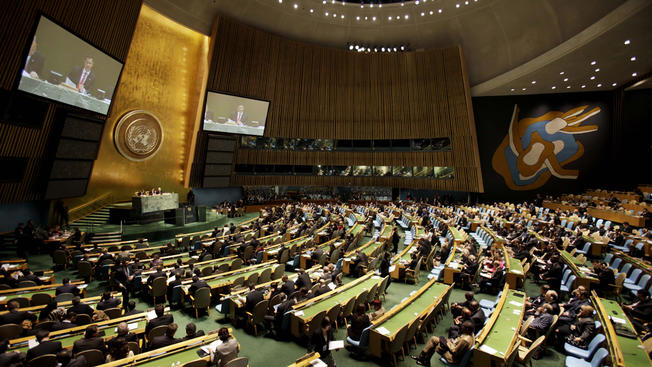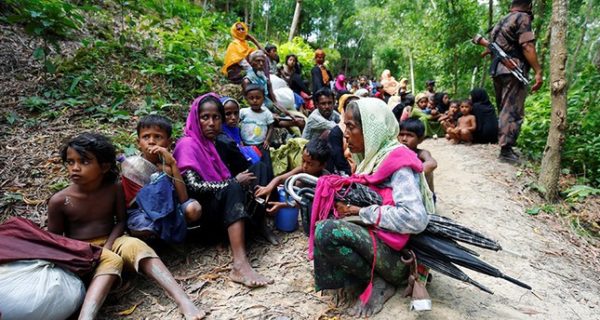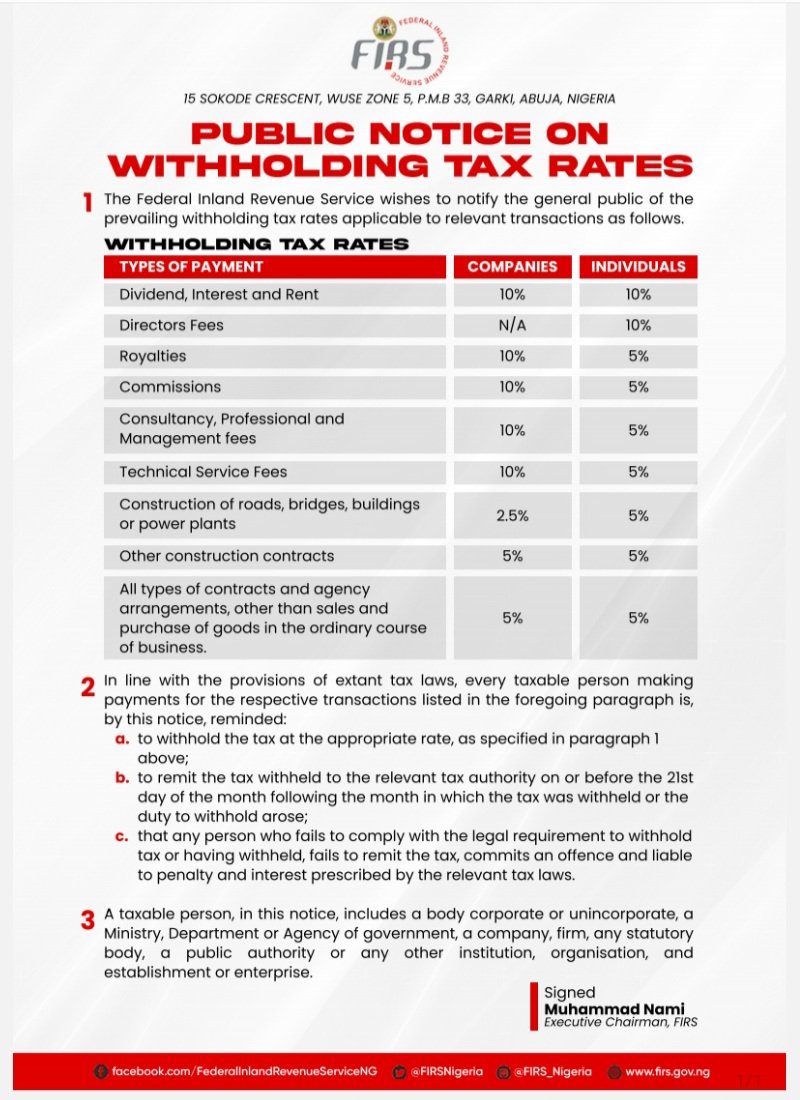
“Humans are all the same, religions do not make us different… We are all human and all born equal” – anonymous.
The gory images coming from Rohingya Muslims in Myanmar recently, would no doubt leave any human being feels uncomfortable. For a whole week, I deliberately refused to check on my social media platforms to avoid being assailed by the grotesque suffering of Rohingya people.
The former South African Archbishop Emeritus, Desmond Tutu shared the same feeling when he wrote a heartwarming letter to his friend, Aung San Suu Kyi, the leader of Myanmar to speak against the injustice meted on the members of Rohingya Muslims.
In his words: “the images we are seeing of the suffering of the Rohingya fill us with pain and dread.
“As we witness the unfolding horror we pray for you to be courageous and resilient again.
“We pray for you to speak out for justice, human rights and the unity of your people.”
It is well known that Rohingya crisis is one of the world several unresolved challenges facing the international community.
The Rohingya people have persistently been driven out of their home in Myanmar by the Buddhists majority to the neighboring countries for what they described as illegal immigrants.
Available records revealed that the persecution of this minority group has a long and dark history in Myanmar. In the past, lawmakers and historians collaborated to destroy the legal status and historical evidence of Rohingya people as native of Burma, now Myanmar.
According to a historian, Rohingya and other ethnic Muslims were recognised as natives of Myanmar in the 1973 census, which recognised 143 ethnic groups in the country. Later, the 1982 citizenship law delisted Muslims from ethnic groups with the exception of the Kaman.
According to a wall street journal article, in 2012, more than 100 Rohingya Muslims were killed by rioting Rakhine Buddhists, while Tens of thousands of them were driven into Bangladesh. And nearly 150,000 were forced into camps in Rakhine.
The UNHCR reported that in 2014, some 150,000 Rohingya fled to neighbouring countries with a further 25,000 escaping in the first quarter of 2015.
Also in 2016, in an alleged attack by Rohingya militants, the army retaliated. More than 25, 000 Rohingya Muslims fled Rakhine state to the nearby Bangladesh to avoid being massacred.
In a similar incident recently, the Rohingya Muslims witnessed the worst ever inhumane treatment in the hand of Myanmar government in an alleged attack on security posts by Rohingya militants. At the time of writing this article, over 400, 000 Rohingya minority have fled to nearby Bangladesh, according to United Nations report. A catastrophic humanitarian crisis has befallen the Bangladesh government, calling for the international community to come to their aid as the country running out of food and healthcare to cater for the huge influx of Rohingya Muslims.
The greatest challenges of the crisis are for women and children who fled the country. According to UNICEF, there are at least 240,000 children among the refugees, including about 36,000 who are less than a year old. There were also 52,000 pregnant and lactating women.
Mohammed Soye, 33, a Rohingya who fled Bangladesh narrated the gruesome life of Rohingya people in the hand of Myanmar government:
“I was a farmer in Buthidaung township, just like every other Rohingya there. We did not have the right to work or the right to education so we could not get jobs in the police, military or other smart offices. We had to work on the farms, or collect bamboo from the forest.
“It was a hand-to-mouth existence, somehow, we survived even though we did not have any freedom – we just got through life, one day at a time.”
According to report and eyewitnesses, horrific violence in Myanmar, including extrajudicial killings, rape, kidnapping and torching property, has been taking place against the minority Muslims.
About 2,000 – 3,000 were killed and thousands other injured since the latest crisis began, according to the European Rohingya Council. But the Myanmar military officials admitted that about 400 fighters of the Arakan Rohingya Salvation Army (ARSA) killed.

Satellite imagery released by Amnesty International showed a scorched-earth destruction of Rohingya’s community, prompting accusations that the Myanmar authority is adopting what many describe as a “slow genocide” or better still “ethnic cleansing.”
But Myanmar government has denied the accusations, blaming the crisis on what they describe as illegal Islamic militants perpetrating an act of terrorism in Rakhine state. The authority also denied wide destruction of Rohingya community, claiming the fleeing Rohingyans set fire to their house while fleeing their houses. Myanmar government, however, refuses the media and international investigators into the country. Amnesty International described the evidence as irrefutable and said it was illustrative of crime against humanity.
As world leaders gather at United Nations headquarters, New York for the 72nd General Assembly session to deliberate the growing several challenges threatening the global peace and security, a deliberate and effective measure should be taken to permanently end the persistence persecution of the Rohingya Muslims minority in the Myanmar. The Myanmar government must be pressurized to allow a high power and unbiased united nation investigators into the country to access the immediate real causes of the recent wave of conflicts and level of damages done to the Rohingya ethnic minority.
The international community must speak with one voice to condemn the inhumane treatment of Rohingya people by Myanmar armed forces, which has created yet another world most humanitarian crisis in the Southeast Asia. A decisive sanction must be placed on any influential individual, official that is culpable in what UN High Commissioner for Human Rights, Zeid Ra’ad al-Hussein had described as “a textbook example of ethnic cleansing.”
deenadavize@gmail.com
[myad]








